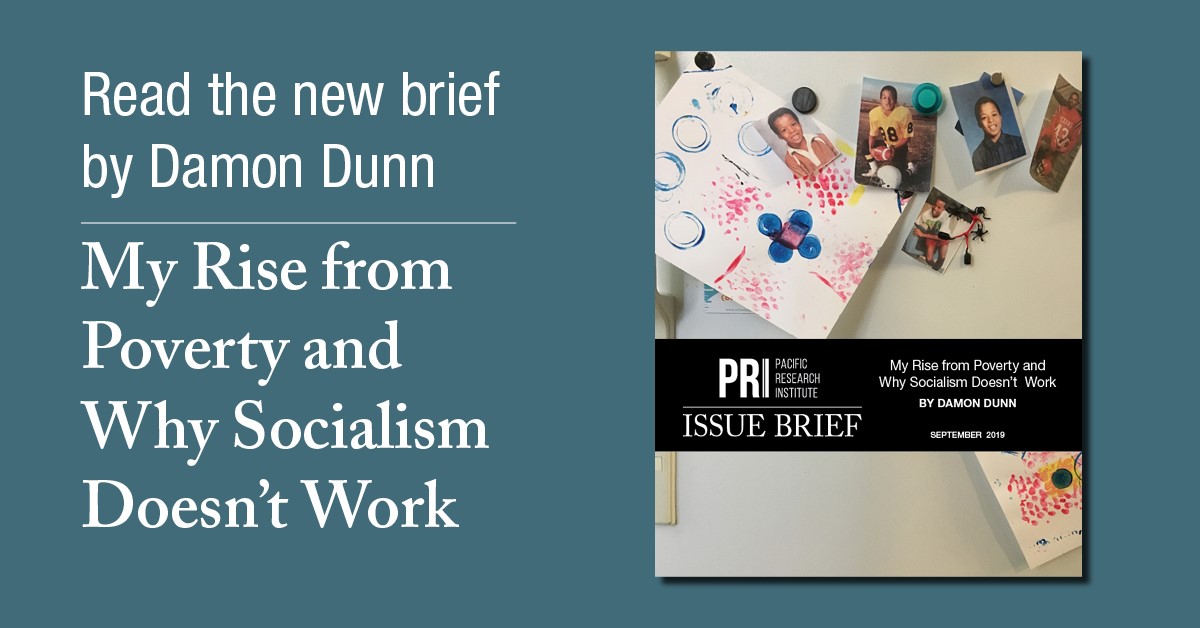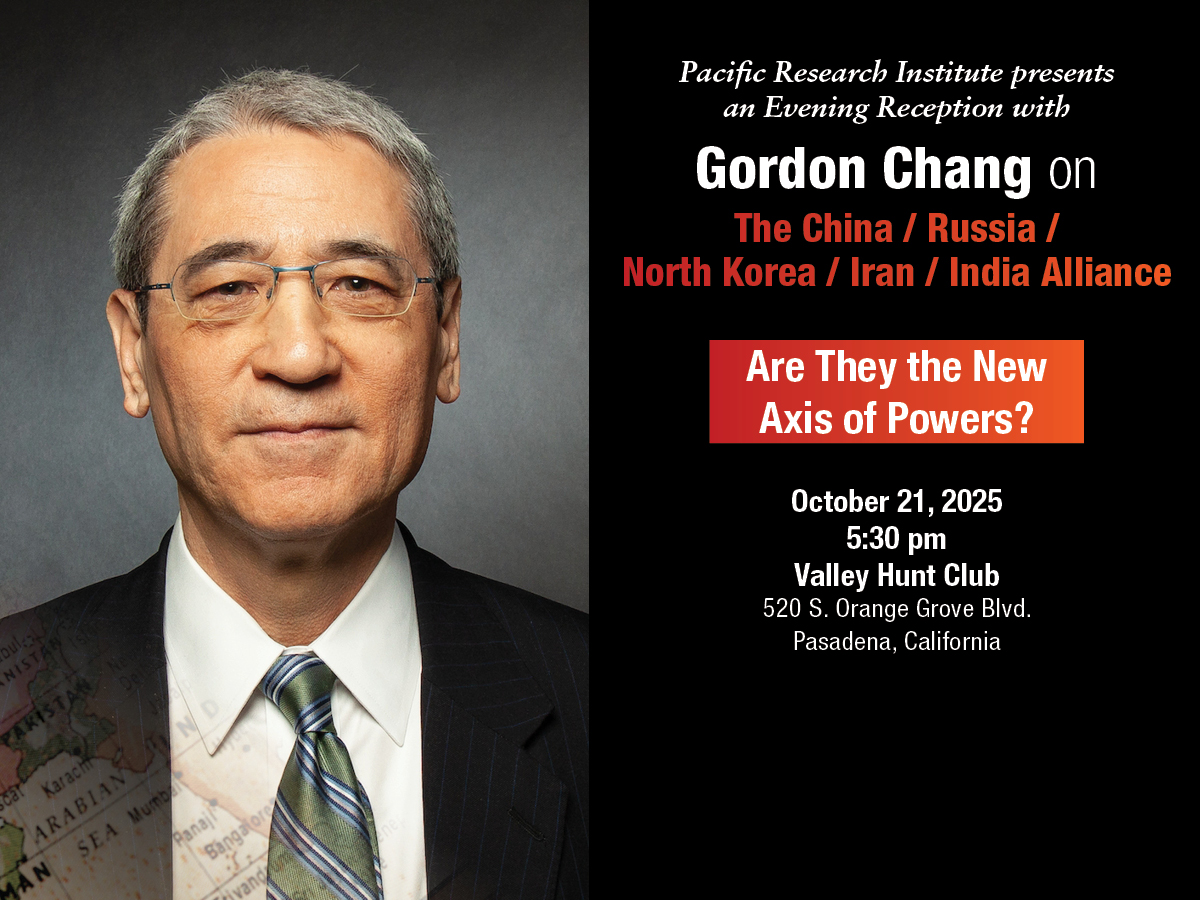I recently explained in these pages how government welfare programs keep people at a sustainable level of poverty instead of helping people escape poverty. Little of the actual results of welfare policies resemble the promises made by their proponents at their outset.
But the insidious effects of persistent government intervention are felt by far more than those unfortunate enough to be among the intended beneficiaries. The unintended negative consequences of reckless government programs are suffered by a far larger number of Americans through multiple channels, perhaps none more painfully than the fact that progressive economic and environmental policies make life more expensive for everyone.
The more skeptical among us might observe that the more loudly and persistently progressives complain about income inequality and the plight of the poor, the more the policies enacted in the cities they control make life more expensive for everyone – most especially for the working poor.
While all Americans have been subjected to the costs of an oversized and overbearing government, welfare policies disproportionately hurt working people and make it much harder to grow wealth over time. Nowhere is the direct relationship between seemingly compassionate progressive policies and the observed tragic effects more evident than in California, which simultaneously spends more than any state in the nation on welfare yet has maintained a disproportionate number of citizens in poverty for decades.
If welfare programs are effective at pulling people out of poverty, why are we now three or four generations into the poverty cycle in many areas in this country, with poverty worst in the places where the most money has been spent? The reason is that welfare does not address the things that pull families out of poverty, and often incentivizes precisely the opposite.
Recent economic evidence makes clear that two of the biggest factors in determining who climbs the economic ladder are the strength of the local job market and the availability of high quality marriage partners. Despite this, government intervention on behalf of the poor does little or nothing to promote the development of skills and entrepreneurship to help folks get and create good jobs. Government policies also actively disincentivize the permanent pairing of young adults in marriage.
The negative impacts of an over-active welfare state are so destructive that they can even overcome the otherwise strong job markets in place like Los Angeles and Manhattan, both of which are in the bottom 10% nationally with regard to economic mobility. Clearly, generations of progressive policies have not been the answer in places like these.
Unlike other failed Democratic strongholds like Detroit, we can’t shift the blame for economic stagnation for working folks in these major metropolitan areas to the general economic decline either. Instead, the persistent poverty observed in these places is due to government programs that promote behaviors that cause long term harm, including the introduction of sky high implicit marginal tax rates.
The more government support a person accepts, the more they are ultimately punished for working harder or developing new and more valuable skills. In fact, the implicit marginal tax rate on many low-income people is over fifty percent, and can be as high as eighty percent.
Put plainly, for many poor Americans, if they find a way to increase their income by one hundred dollars, up to eighty of those dollars will go the government in the form of higher taxes and lost opportunity.
It is nearly impossible to convince someone to take on the added stress and responsibility of higher paid work when the real increase in take home pay after taxes and lost benefits will be so miniscule. The net result of this reality is that for many poor people, due to the preponderance of means-tested programs that expire as they pull themselves out of poverty, the rational decision is not to work, or at least not to strive.
Believe it or not, the effect of losing access to means-tested government benefits is so destructive in some cases that it can create implicit marginal tax rates of greater than one hundred percent for the working poor.
The disastrous impact of this disincentive to work, to literally take home less money as the result of a promotion or raise and therefore have no reason to take on the increased burdens of the new job, can hardly be overstated. This sad reality is the real impact and legacy of welfare programs.
Millions of people accepting a station in life that is merely tolerable, and far below what their God-given talents make possible. And it is an unacceptable economic and human tragedy, the costs of which we bear every day.
Damon Dunn is a fellow in business and economics at the Pacific Research Institute.


